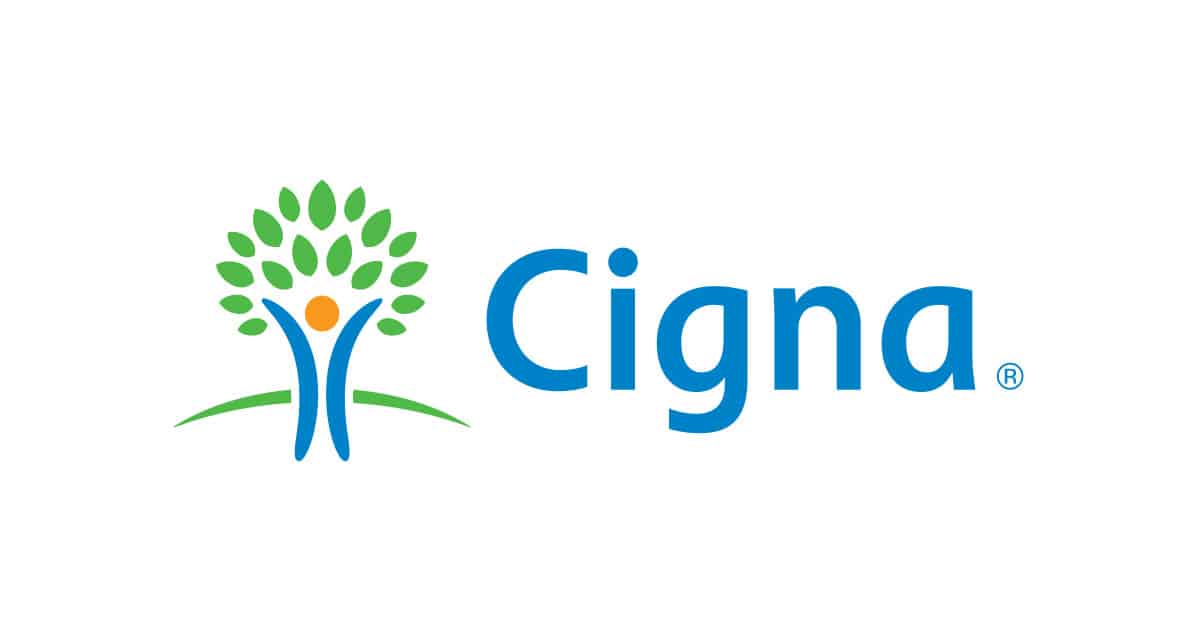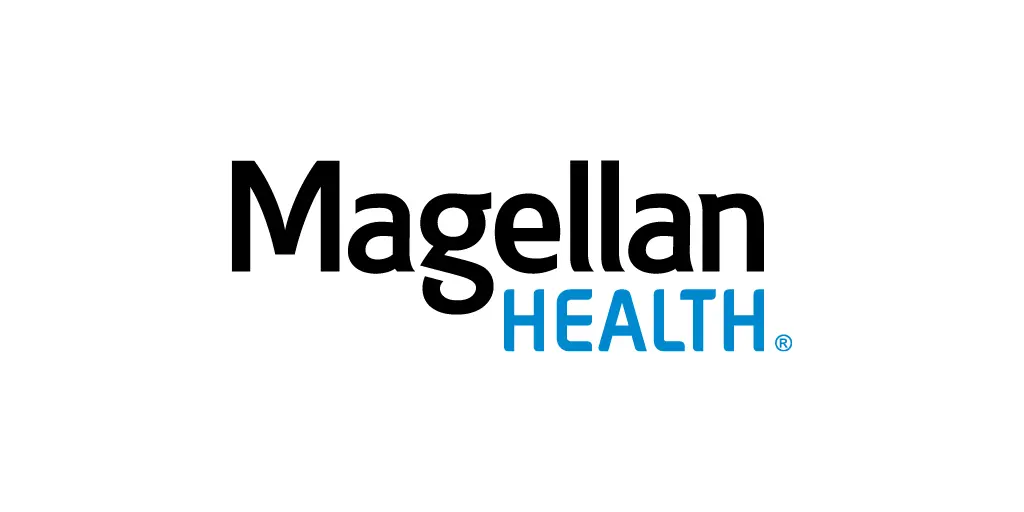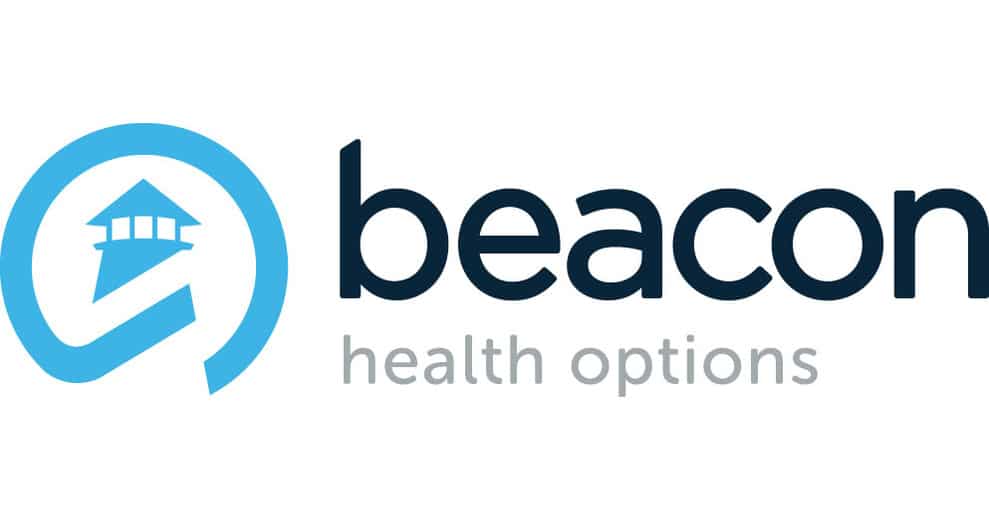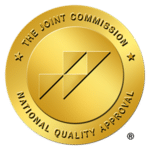Table of Contents
While genetics play a role in alcohol addiction, it’s crucial to understand that your journey with alcoholism is uniquely yours. Although family history can influence addiction, each person’s experiences, health, and circumstances shape their battle differently.
Our partnership with numerous insurance providers ensures that everyone receives the essential support they need. If you’re seeking a dedicated alcohol rehab center in Atlanta that values and caters to your individual needs, look no further than Tranquil Shores. We are at the forefront of offering tailored and innovative alcohol addiction therapies.
Reach out to us for any queries about our specialized alcohol rehab program, or if you’re prepared to embark on your path to recovery, apply for admissions today.
What is Alcoholism?
Even though alcohol is legally available, it can manifest addictive qualities similar to other prohibited substances. Its legal status can sometimes exacerbate its potential for abuse due to easy accessibility. Prolonged alcohol consumption can result in various physical, psychological, and behavioral repercussions.
Alcohol use disorder, often termed alcoholism, is a persistent condition marked by excessive and unregulated alcohol consumption. It’s a prevalent issue, with over 3 million reported cases annually in the US. Individuals with this disorder often grapple with an inability to regulate their intake, leading to a profound emotional and physical dependence on alcohol.
The Diagnostic and Statistical Manual of Mental Disorders 5th edition (DSM-5) has transitioned from the term ‘alcoholism’ to ‘alcohol use disorder,’ consolidating it under Substance-Related and Addictive Disorders. Excessive alcohol consumption can exhibit noticeable physical symptoms, such as impaired motor skills, slurred speech, or bouts of aggression and irritability. Furthermore, the emotional ramifications can range from feelings of anxiety and euphoria to overwhelming sensations of guilt, isolation, or depression. Unfortunately, these emotional fluctuations often lead to further alcohol consumption as a form of self-medication, perpetuating a destructive cycle.
How Many Drinks is Considered Alcoholism?
The National Institute on Alcohol Abuse and Alcoholism provides guidelines on acceptable drink quantities according to gender. For men, it recommends a limit of four drinks per day and no more than 14 drinks weekly. Going beyond these guidelines can elevate the risk of alcohol-related issues. For women, a low-risk consumption pattern is one drink daily and three to seven drinks in a week.
How Addictive is Alcohol?
Alcohol, given its social acceptance and enjoyable effects, often leads individuals to frequent and heavy consumption. Transitioning from being a social drinker to an addict isn’t uncommon. Abrupt cessation of alcohol can trigger severe withdrawal symptoms; hence, medical guidance is vital when considering reducing alcohol intake.
Journey through Alcohol Addiction:
-
Tolerance: As individuals regularly consume alcohol, they start requiring more to achieve the desired effects. This is due to changes in the brain’s chemical composition, meaning that usual alcohol amounts don’t result in the same intoxication levels.
-
Alcohol Dependence: Here, alcohol becomes crucial to maintain a body’s chemical equilibrium. Reducing or stopping alcohol intake can spur withdrawal symptoms such as anxiety, insomnia, palpitations, and confusion.
-
Alcohol Addiction: Recognized as an alcohol use disorder (AUD), this stage transcends mere dependence. Chronic drinking affects the brain’s reward mechanism, altering natural chemicals like dopamine. This leads to uncontrolled drinking, even when faced with adverse consequences.
-
Alcohol Withdrawal: Unlike some narcotics where withdrawal is mildly discomforting, alcohol withdrawal can be life-threatening. Sudden alcohol cessation in a dependent individual can trigger intense withdrawal symptoms and amplified cravings.
It’s essential to note that an ‘alcoholic drink’ can vary by definition based on the state. Typically, it encompasses 14 grams of pure alcohol, equivalent to 5 ounces of wine, 12 ounces of beer, or 1.5 ounces of hard liquor.
For those consuming alcohol beyond the recommended guidelines, seeking professional guidance is pivotal. Entrust your recovery journey to our esteemed alcohol rehab and alcohol treatment center.
Risk Factors for Alcohol Addiction
Understanding why some individuals grapple with alcoholism while others remain unaffected, even if they drink more, can be perplexing. The disparity often stems from varying risk factors.
Individuals with a greater number of risk factors are more susceptible to alcohol-related problems, while those with fewer risk factors and more protective elements are less at risk. Notable risk factors for alcohol addiction are:
- Starting to drink at a young age.
- Having a family history of alcohol use disorders or mental health challenges.
- Personal history of mental health conditions like depression, anxiety, bipolar disorder, or schizophrenia.
- Past instances of trauma, abuse, or neglect.
- Regular and prolonged alcohol consumption. Given these factors, someone who began drinking during their teenage years, coupled with a background of depression, trauma, and family substance use, has a heightened risk compared to someone lacking these factors. However, it’s important to recognize that individual variations are vast and unpredictable.
Alcohol Addiction Statistics
A 2019 National Institute on Alcohol Abuse and Alcoholism report revealed concerning data: approximately 14.5 million individuals aged 12 and above in the U.S. had an AUD. Among those aged 12 to 17, nearly 414,000 were affected. The study also found that about a quarter of U.S. adults binge drank in the past month.
Additional alcohol abuse statistics include:
- Merely 7.2% of individuals aged 12 and above with an AUD sought treatment in the previous year.
- People with AUDs are more likely to seek medical assistance for alcohol-related health issues than for the addiction itself.
- Annually, close to 100,000 U.S. deaths are attributed to alcohol, ranking it the third leading preventable death cause.
- Over 10,000 deaths per year result from alcohol-impaired driving incidents.
Diagnosing Alcohol Addiction
The term “alcohol addiction” isn’t a clinical diagnosis. The accepted term is “alcohol use disorder” (AUD). Like other substance use disorders, AUD has specific criteria that must be met for a diagnosis.
Symptoms of AUD include:
- Consuming more alcohol than planned or for extended durations.
- Repeated unsuccessful efforts to curb alcohol consumption.
- Excessive time spent obtaining, using, and recovering from alcohol.
- Persistent cravings for alcohol.
- Failing to fulfill responsibilities due to alcohol use.
- Drinking despite deteriorating social and interpersonal relations.
- Engaging in risky activities under alcohol’s influence.
- Drinking even when it jeopardizes physical or mental health.
- Increasing alcohol consumption to achieve the same effects.
- Experiencing withdrawal symptoms when alcohol isn’t in the system. Having even two of these symptoms can signify an AUD.
Signs and Symptoms of Alcohol Abuse
The clutches of addiction often make it arduous for individuals to transition away from ingrained habits. Even as the merits of sobriety and a healthier lifestyle beckon, the shadow of addiction looms large, clouding judgment.
Persisting in old routines gives a deceptive sense of security. But the reality is far from comfortable when grappling with unchecked substance abuse. Recognizing and addressing symptoms of alcohol addiction, either in oneself or in others, is imperative. The journey towards recovery often entails revisiting these symptoms multiple times.
For those battling addiction or for those concerned about loved ones, seeking help remains pivotal.
Keep a lookout for the following signs and symptoms of alcohol addiction:
Family/Personal:
- Detachment from family and friends
- Rising familial discord
Occupational:
- Consuming alcohol during work hours
- Consistent absenteeism and failure to meet responsibilities
- Evasive behavior when discussing substance use
Physical & Emotional:
- Offering excuses for drinking
- Ignoring dietary needs
- Growing alcohol tolerance
- Manifesting physical degeneration
- Struggling with potent negative emotions
Social:
- Drastic changes in social circles
- Relying on alcohol in social contexts
- Alienation due to alcohol consumption
Behavioral:
- Shifts in lifestyle habits
- Increasing passivity or moodiness
- Displaying confrontational behavior
- Mentioning or acting on suicidal thoughts
- DUI incidents
Long-Term Effects of Alcohol Addiction
Apart from the immediate aftermath of excessive drinking, such as disrupted sleep and painful hangovers, alcohol abuse wreaks havoc on one’s health over the long run. Consuming alcohol places undue strain on vital organs, especially the liver. Prolonged abuse can precipitate a cascade of serious health complications, encompassing:
- Hypertension
- Weight-related issues
- Progressive liver damage leading to cirrhosis
- Development of gastric ulcers
- Cardiovascular complications
- Impairment in sexual function
- Issues related to fertility
- Weakened immune response
- Neurological damage
- Psychological disorders like anxiety and depression
- Inflammation of the pancreas
- Skin conditions like psoriasis
- Increased risk of strokes
- Disruption in hormonal balance
- Increased susceptibility to various cancers
- Risk of premature mortality.
Short-Term vs. Long-Term Effects of Alcohol Abuse
Immediate repercussions of alcohol consumption, such as impaired decision-making or embarrassing episodes, are commonly recognized. However, when intoxicated, an individual’s judgment is clouded, leading to potential risky behaviors. A classic case in point would be a drunk individual deciding to drive, risking severe accidents and legal consequences.
Excessive alcohol intake within a short duration can lead to “blackouts,” rendering one incapable of recalling recent events. In severe cases, individuals might even lose consciousness. Such episodes are perilous, heightening risks of physical injuries or fatal alcohol poisoning. For residents in Atlanta, understanding the comprehensive alcohol treatment options available is crucial to navigate the journey towards recovery.
Duration of Alcohol Addiction Treatment Programs
The length of an alcohol rehab program varies based on several determinants. Initially, the type of program chosen plays a significant role. Detox stages generally span five to ten days. Residential treatments, on the other hand, necessitate a minimum of 30 days residing in a specialized facility, with options to extend up to 90 days.
Outpatient services offer the flexibility to undergo treatment during daytime hours while residing at home. The frequency of these sessions can vary from daily to weekly, rooted in the intensity of the outpatient program chosen. Individuals requiring a more rigorous treatment approach might engage in several hours of sessions daily throughout the week. Meanwhile, those further advanced in their recovery journey might only require a couple of hours of therapy once or twice weekly.
The duration a person spends in alcohol rehab can also be influenced by the severity and longevity of their addiction, the specific withdrawal symptoms experienced, and the pace at which they navigate the treatment process.
Services Offered at our Alcohol Addiction Treatment in Atlanta, GA
Opting for alcohol rehab in Atlanta at West Georgia Wellness Center means availing a diverse mix of evidence-backed and holistic interventions to surmount alcohol dependence. The foundation of our treatment lies in individual and group therapies, addressing both addiction and any coexisting mental health challenges. Our comprehensive offerings encompass:
- Individual Therapy
- Group Therapy
- Trauma Therapy
- Cognitive Behavioral Therapy (CBT)
- Dialectical Behavior Therapy (DBT)
- Red Light Therapy
- Neurofeedback Therapy
- Biosound Therapy
- Family Therapy
- Holistic Therapy
- Medication-Assisted Treatment
- Genetic Testing
- Psychiatry
- Experiential Therapy
Impact of Alcohol Addiction & Abuse on Loved Ones
Witnessing a close one’s battle with addiction is emotionally taxing. Loved ones often grapple with feelings of despair, frustration, sorrow, and anger, especially when they perceive themselves as helpless. Additionally, they might become the target of the addict’s abuse, emotionally, physically, or sexually, during intoxication or withdrawal.
Continuous unhealthy choices, deceit, manipulation, and erratic behavior by the addicted individual can push loved ones to the brink. However, instead of finding effective solutions, they might inadvertently enable the addict by justifying or assuming responsibility for their actions. Fortunately, there are resources specifically designed to assist friends and family.
Alcohol Addiction Treatment in Atlanta, GA
For those grappling with alcohol addiction, seeking expert help is paramount. Alcohol withdrawal can be perilous, emphasizing the need for professional intervention. If you or a cherished one may have an alcoholism issue, West Georgia Wellness Center’s alcohol rehab in Atlanta is ready to assist.
We’ll collaborate with you and your loved one to comprehensively evaluate the scenario and craft a tailored sobriety route. Recognized as a premier alcohol treatment center in Atlanta, West Georgia Wellness Center is equipped to address Alcohol Use Disorders immediately.
Addressing alcohol addiction early on with the help of West Georgia Wellness Center can markedly increase recovery success rates. Our adept team is committed to aiding individuals in conquering alcohol addiction and reviving a fulfilling life. Get in touch to discover more about our specialized alcohol rehab programs in Atlanta, GA.
Alcohol Addiction Treatment Frequently Asked Questions
What is Alcohol Addiction Treatment?
Alcohol addiction treatment is a comprehensive program that includes medical detoxification, therapy, counseling, and support groups to help individuals overcome alcohol dependency.
What are the Signs of Alcohol Addiction?
Signs include an inability to limit drinking, spending a lot of time drinking or recovering from alcohol use, strong cravings, and continuing to drink despite negative personal or professional consequences.
How Long Does Alcohol Addiction Treatment Last?
The duration varies depending on the individual’s needs. It can range from a few weeks to several months for inpatient programs, while outpatient treatment may last longer.
Is Detox Necessary for Alcohol Addiction Treatment?
Yes, medical detox is often a critical first step in treatment to safely manage withdrawal symptoms under professional supervision.
How does alcohol Rehab Address Withdrawal Symptoms?
Alcohol rehab manages withdrawal symptoms, which can range from mild anxiety and shaking to severe complications like seizures and delirium tremens. Treatment includes medical supervision, medication to ease symptoms, and supportive care.
What Therapies are Used in Alcohol Addiction Treatment?
Common therapies include Cognitive Behavioral Therapy (CBT), motivational interviewing, family therapy, and group therapy.
How Long is Alcohol Rehab?
The length of alcohol rehab varies, typically ranging from 30 days to several months, depending on individual needs. Long-term follow-up and support are essential for maintaining sobriety.
What Role Does Family Play in Alcohol Rehab?
Family involvement is crucial in alcohol rehab, providing support and understanding the dynamics of addiction. Family therapy can improve communication, resolve conflicts, and strengthen the support network.
What Role Do Support Groups Play in Alcohol Addiction Treatment?
Support groups like Alcoholics Anonymous (AA) provide ongoing peer support and accountability, which are crucial for long-term sobriety.
How Effective is Alcohol Addiction Treatment?
Effectiveness varies by individual but combining medical detox, therapy, and support systems significantly improves the chances of recovery.














